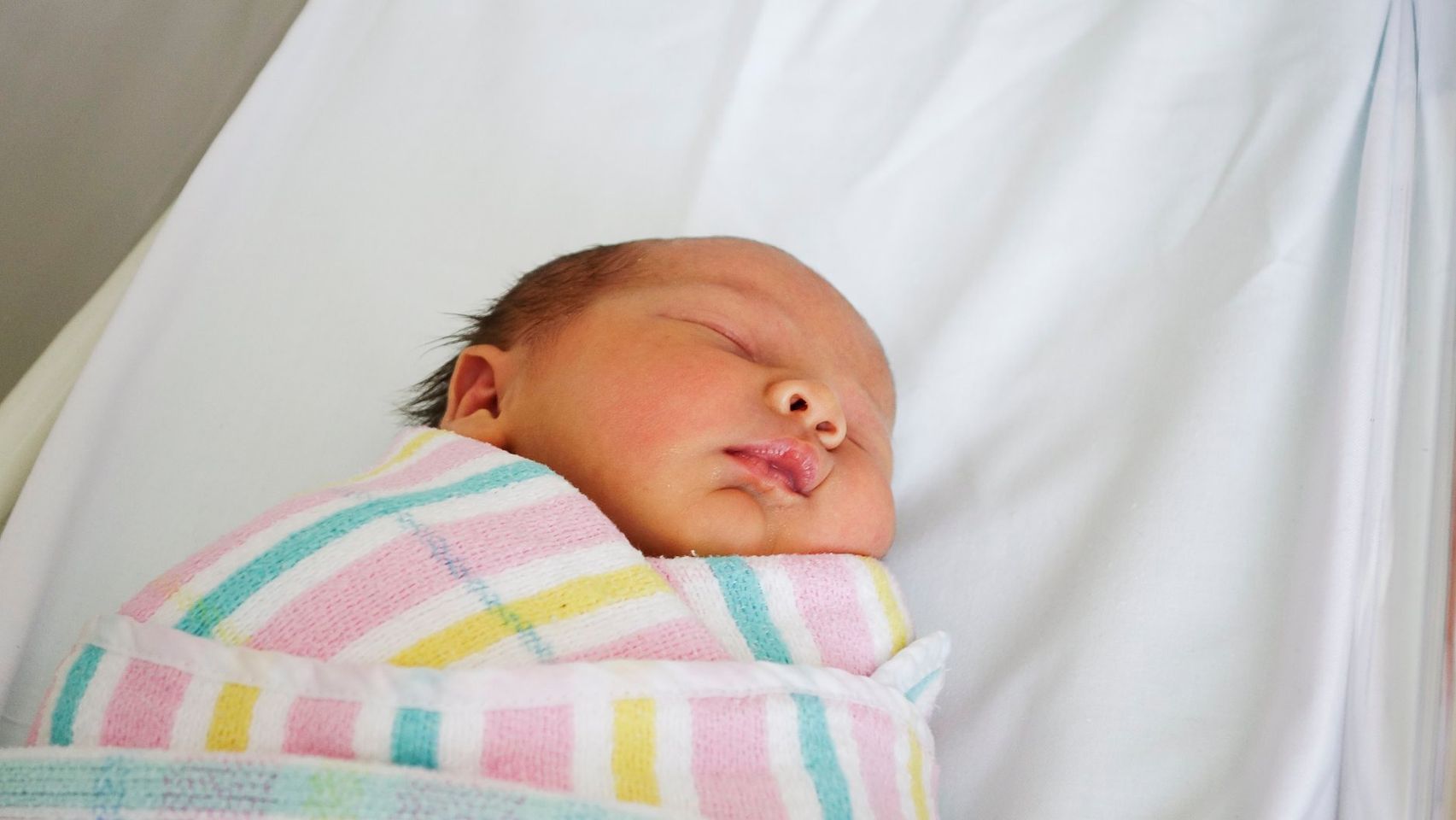An Obstetricians guide to getting pregnant
Dr Emmanuel Karantanis

An Obstetricians guide to getting pregnant
Dr Emmanuel Karantanis
1. Predicting ovulation – what is best?
While 80% of couples will conceive within a year of starting to try for a pregnancy, those couples who try to identify fertile periods have greater chances of success. The highest chance of conception occurs when intercourse takes place one or two days before ovulation. A simple and effective method to detect when ovulation is drawing near is for a woman to examine her vaginal discharge. If the discharge increases in amount and becomes stretchy and slippery, ovulation is drawing near, and the time is right to try to conceive. Urine test kits can also be used. These are usually positive about 36 hours before ovulation. If a woman knows that she usually ovulates midcycle, using this test daily several days before her expected ovulation can be quite helpful. Urine detection kits must be followed precisely, and they are all different. They are not perfect, and in about 1 in 15 women, the test is positive, but ovulation is not about to take place. Temperature methods are not helpful as a rise in baseline temperature means ovulation has already occurred.
2. What should be avoided when trying for a baby?
There are no special things to avoid when trying for a baby. Being in a healthy weight range makes the chances of conception higher, so avoiding weight gain when planning to have a baby can be helpful. Severe weight loss and severe fitness regimes can also affect ovulation and conception.
3. Are preconception appointments important? What happens during this appointment?
Preconception appointments can be very useful. Firstly, having a cervical screening test when it is due is quite important. A doctor may also remind women of the importance of folic acid when starting to try to conceive. There are also new tests that can be arranged to detect if couples are carriers of rare recessive genetic conditions. These are optional and expensive (somewhere between $400-900 Australian dollars depending on how many genes are being tested). Such tests are best undertaken before pregnancy if couples are to have such tests.
4. What other appointments are important to consider before you start trying.
Women with other illnesses, such as diabetes or Crohn’s disease or thyroid conditions, ought to see their doctor to make sure these conditions are well controlled. In addition, women taking particular medications can sometimes be concerned about the safety of those medications in pregnancy and seek advice about their medications from their doctor.
